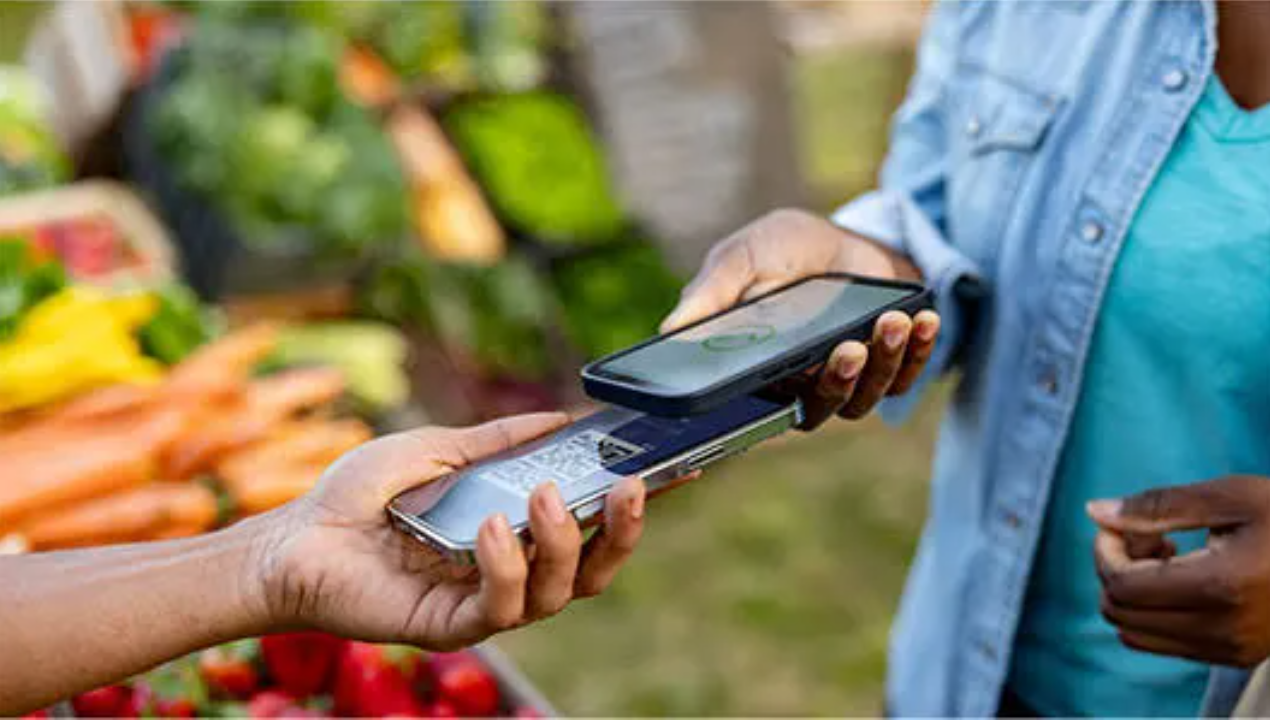At a Glance
- Mobile money services like M-Pesa enhance financial inclusion, enabling millions to access transactions, savings, and loans across African urban and rural areas.
- Platforms such as Airtel Money and Orange Money support small businesses by facilitating cashless payments, promoting economic growth, and reducing reliance on traditional banking systems.
- Mobile money integrates with advanced technologies like blockchain and AI, ensuring secure transactions and expanding accessibility to underserved populations across Africa.
Africa is undergoing a remarkable transformation fueled by mobile technology, with over 500 million mobile subscribers recorded in 2020. This surge in digital connectivity is reshaping economies and societies, bridging gaps in finance, education, healthcare, and agriculture.
Mobile money services have been particularly transformative, providing an accessible alternative to traditional banking.
These platforms empower millions by enabling secure peer-to-peer transfers, bill payments, savings, and credit access. Mobile money fosters financial inclusion and drives economic growth, particularly for small businesses and rural communities.

M-Pesa, launched in Kenya, pioneered this shift, bringing banking services to millions of unbanked individuals.
Today, more than 40 percent of Africans use mobile money, leveraging its unmatched convenience to facilitate daily transactions and reduce the cost of remittances.
By bridging the gap between urban and rural areas, mobile technology has become a cornerstone of Africa’s economic and social development.
Here are seven standout mobile money technology services reshaping African societies.
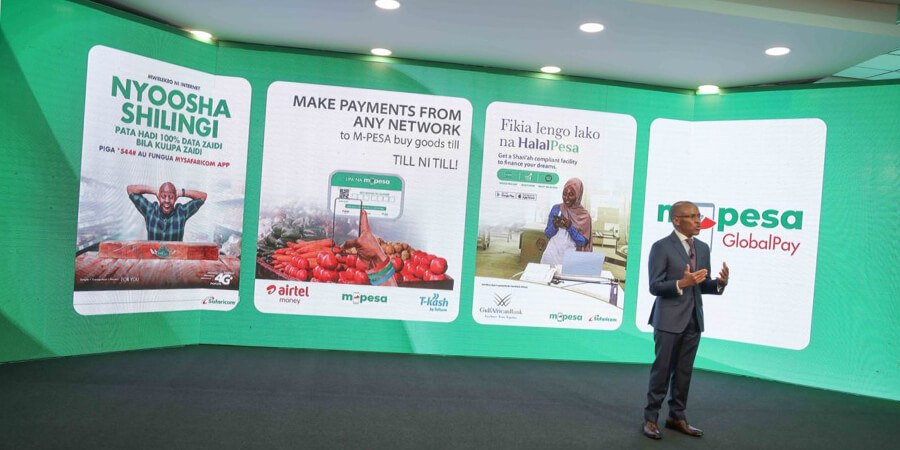
M-Pesa, launched by Safaricom in Kenya in 2007, is hailed as the pioneer of mobile money technology. It provides critical services such as money transfers, bill payments, and micro-loans, transforming Kenya’s economy by facilitating financial transactions even in remote areas with limited traditional banking infrastructure.
By 2022, M-Pesa had over 51 million users across multiple countries, underscoring its extensive reach. Remarkably, M-Pesa processes 59 percent of Kenya’s GDP, handling 20 billion transactions in 2023.
It plays a pivotal role in driving GDP growth, empowering small businesses, and fostering financial independence among the unbanked population.
Beyond Kenya, M-Pesa serves as a gateway to the East African market of nearly 500 million consumers. M-Pesa’s continuous innovation further cements its leadership.
Through its M-Shwari product, it offers savings and loans, while integration with e-commerce platforms and government services enhances its utility. These advancements solidify M-Pesa as a game-changer in East Africa’s financial landscape.
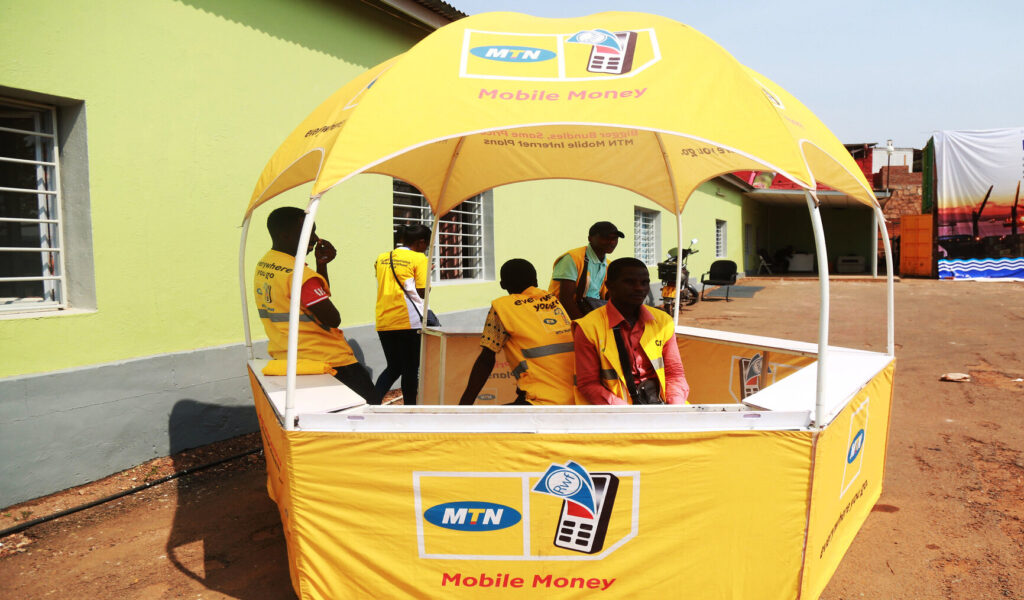
MTN Mobile Money serves millions across Africa, providing a robust platform for secure money transfers, bill payments, and even savings.
Particularly in South Africa, it empowers individuals and businesses by facilitating cashless transactions, reducing risks associated with handling cash.
MTN Mobile Money’s expansive reach, combined with its partnerships with retailers and service providers, has boosted its adoption.
With innovative services like access to micro-insurance and savings accounts, MTN is not just simplifying financial transactions but also helping users build financial resilience.
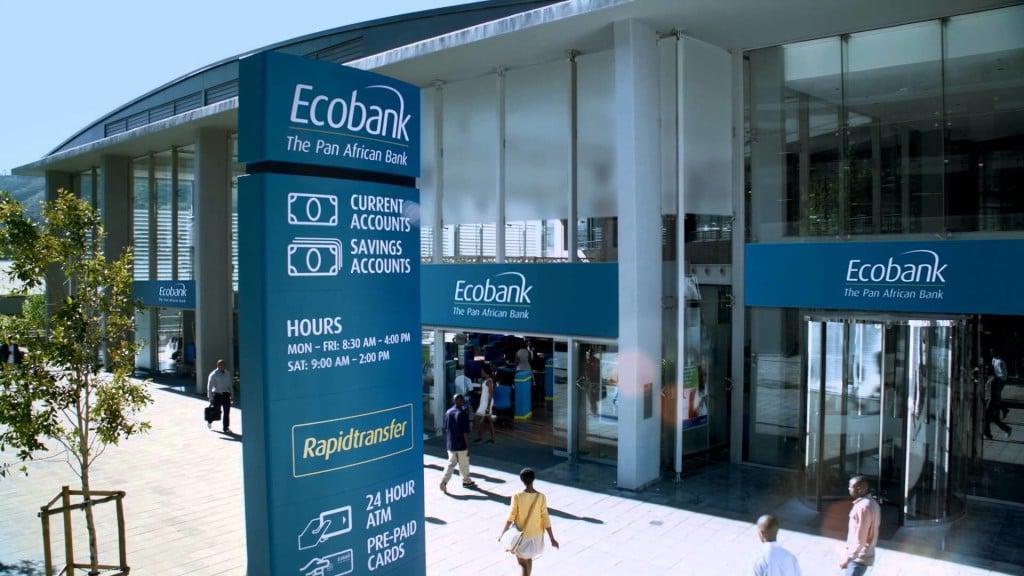
Ecobank Mobile merges mobile money with traditional banking, providing users with a seamless financial ecosystem.
Operating in over 33 African countries, it offers services like interbank transfers, payment solutions, and cross-border transactions.
Togo, addresses financial inclusion by connecting users to the formal banking sector, particularly small businesses and underserved communities.
Ecobank Mobile’s emphasis on interoperability allows customers to access services across networks, making it a vital tool for businesses engaged in cross-border trade within West Africa.
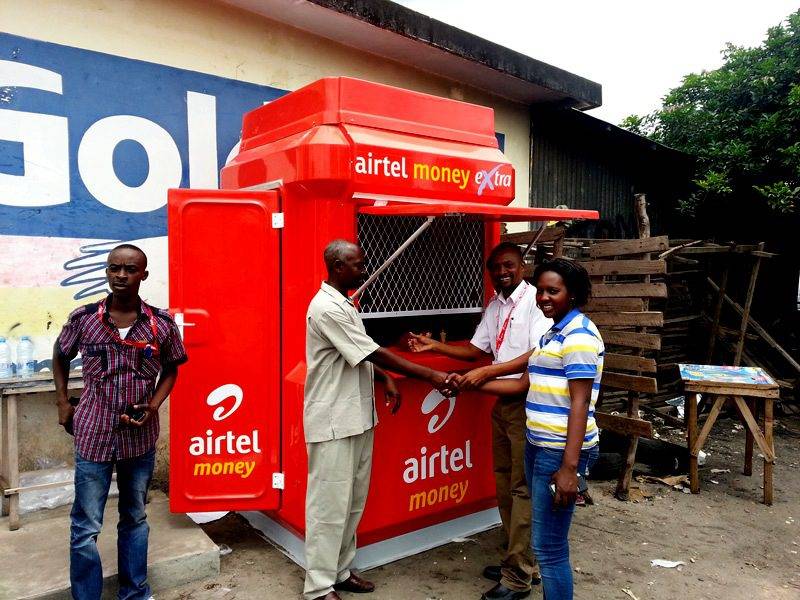
Airtel Money is a key player in Nigeria’s financial sector, providing mobile money solutions for personal and business use.
Its diverse services include instant transfers, bill payments, and airtime top-ups. Airtel Money caters to a wide demographic, from urban entrepreneurs to rural farmers, offering an easy-to-use platform that requires only a basic mobile phone.
Its contribution to Nigeria’s digital economy is significant, particularly in extending financial services to millions previously excluded from formal banking systems.
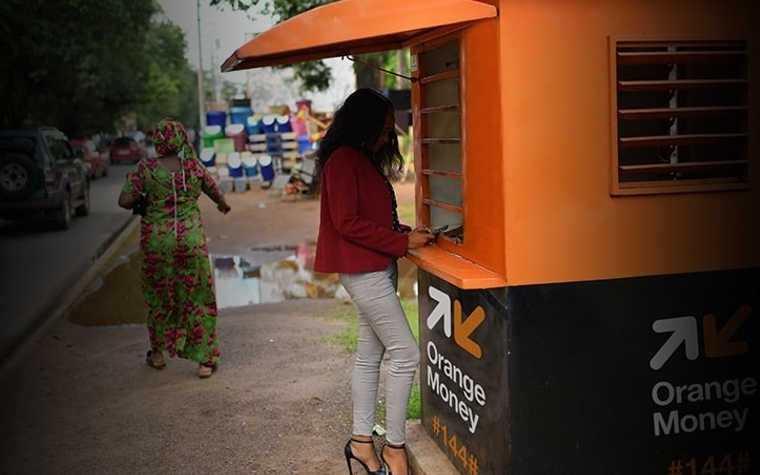
Orange Money has a strong presence in Francophone Africa, with Côte d’Ivoire as one of its largest markets. It facilitates person-to-person transfers, utility bill payments, and access to micro-credit services.
By integrating digital banking solutions, Orange Money supports small-scale entrepreneurs and rural dwellers. Its emphasis on transparency and affordability has made it a trusted platform for millions.
The service’s role in enabling international remittances within and beyond Africa further underscores its contribution to the financial inclusion narrative.
- Tigo Money, Tanzania
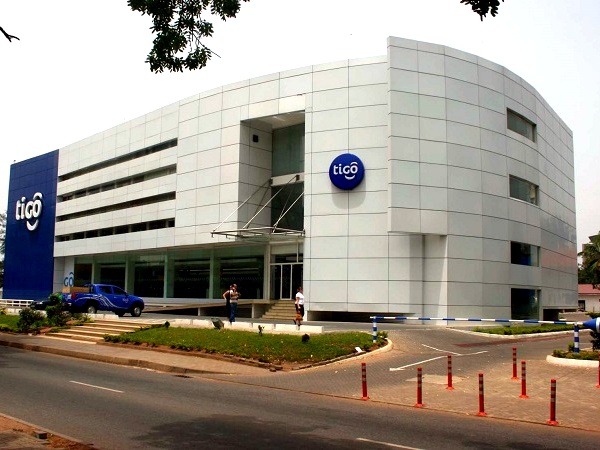
Tigo Money, introduced by Tigo in Tanzania, is a key player in the mobile money ecosystem, driving financial inclusion across five African countries.
With over 8 million registered customers, Tigo Money facilitates services such as money transfers, bill payments, and savings, empowering communities with seamless financial access.
In Tanzania, Tigo Money has become a cornerstone for economic activity, enabling cashless transactions and fostering small business growth in underserved regions.
Its role in bridging the financial gap is pivotal, particularly in areas with limited access to traditional banking services. Through consistent innovation, Tigo Money enhances its offerings, including international remittances and integration with various digital platforms.
This adaptability strengthens its position as a leader in mobile money solutions, contributing significantly to financial inclusion and economic development in Tanzania and beyond.
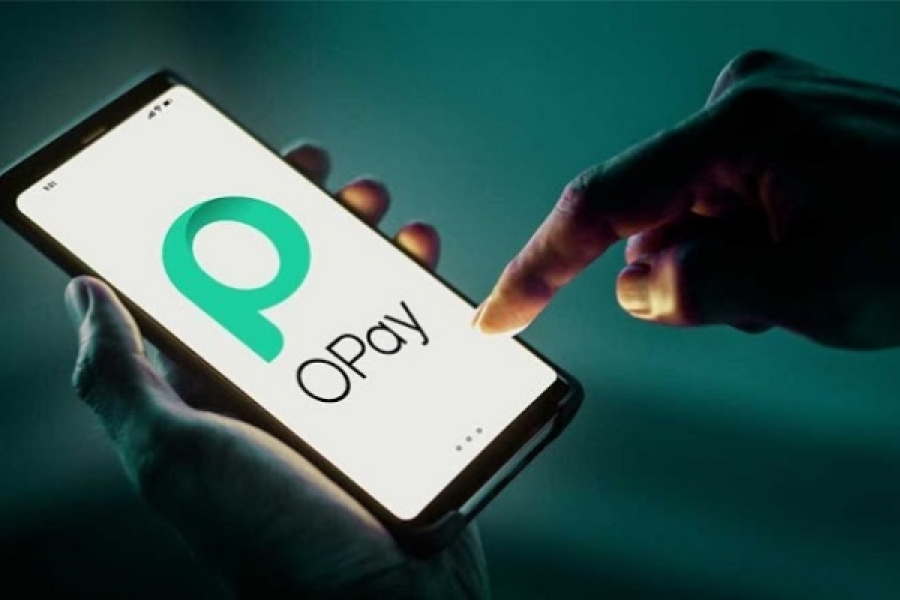
Opay Digital Services Limited, founded by Zhou Yahui in 2013 and headquartered in Ikeja, Lagos State, is a leading Nigerian fintech company. Alongside Moniepoint Inc., Kuda, and PalmPay, it has transformed mobile money solutions in Nigeria.
Originally Paycom Nigeria Limited, Opay became licensed by the Central Bank of Nigeria in 2018 and is insured by the Nigeria Deposit Insurance Corporation. It gained prominence with its 2019 Point of Sale (POS) services, crucial during Nigeria’s naira cash scarcity, driving cashless transactions nationwide.
In 2021, Opay secured SoftBank-led funding, expanding to Egypt with approval from the Central Bank of Egypt to issue prepaid cards. Its 2022 partnership with Verve International further enhanced digital payments with the Verve debit card. Opay remains pivotal in advancing financial inclusion in Nigeria, mirroring M-Pesa’s transformative role in East Africa.
Mobile money’s potential is immense, but its continued success hinges on robust infrastructure, favorable regulations, and enhanced digital literacy.
Integrating technologies like blockchain can revolutionize security and transparency, while artificial intelligence can optimize customer experiences. Governments and private players must collaborate to address challenges like cybersecurity and expand reach into underserved areas.
Mobile money technology services like M-Pesa, MTN Mobile Money, and Airtel Money are reshaping Africa’s financial landscape.
These services empower millions, fuel economic growth, and reduce poverty by enhancing access to financial resources. With sustained innovation, investment, and partnerships, mobile money will remain a driving force for inclusive growth and prosperity in Africa.

